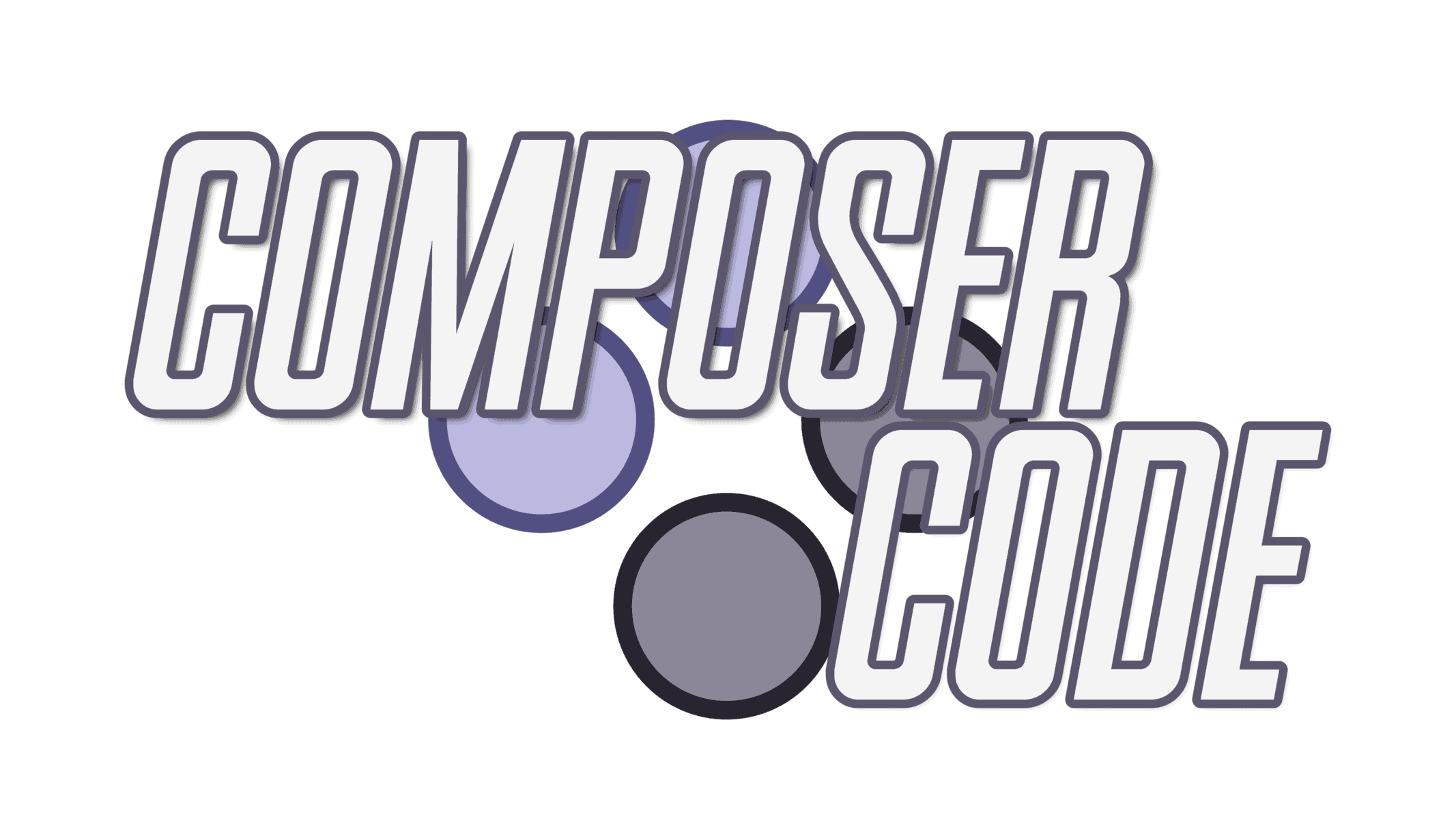Word-of-mouth references are a dominant force in the indie game community
According to the respondents of a poll I created in a popular Facebook game dev group, the most common way developers find composers is through word-of-mouth reference.

Here are some quotes from developers I spoke with (some have been slightly altered to fix grammatical errors). I’ve bolded the really important bits.
How do you find composers to work with?
“I found [our composer] through the 2012 MolyJam game jam. When I expanded my MolyJam game into a full release, I asked him to make a few additional songs to flesh out the soundtrack. I asked him to work on [our next project] since we’ve already worked together on previous projects.”
“Our composer come from Malaga, we met him at a local game jam.”
“Word of mouth, internet groups like [Indie Game Developers] or events.”
Do composers come to you for work, or do you seek them out?
“I generally seek out composers, not the other way around.”
What qualities or skills do you look for in a composer?
“I usually look for composers with a good handle on several genres, a strong sense of melody and mood, and competent production abilities.”
“We look a lot into portfolio material, and recent works, more than experience and years of work.”
“Someone who actually plays video games.”
“The ability to compose original music in the style of the historical period.”
“Firstly, someone that can catch the mood of my game. Secondly, someone who can create music with a wide range of dynamics. I don’t like walls of sound and heavy productions.”
“My priority is finding someone with a knack for the tone and spirit of the game in any previous works. It is also important that they can maintain thematic parallels in their work, as I would likely want them to compose for different moments (main menu is slightly different from level theme which is slightly different from when a staged dramatic event occurs) with different tone as opposed to separate composers. Also, how well their music could work with sound effects.”
“An understanding of both basic sound design and basic game development.”
“A composer should be able to conjure a typical sound for a feel/sensation. That could be anything from mellow, funky, epic, bombastic, relaxing, ambient, multilayered, dynamic (based on actions or events with different tracks that can be layered) to something that people feel familiar with or even better feel unfamiliar with.”
“Understanding non-linear music systems, vertical reorchestration, horizontal resequencing, and how to compose (for) these. Experience with Wwise and FMod.”
“The music has to facilitate the story controlled by the player and as such, has to change when the player makes certain decisions. It’s a weird skill to envision music that is not linear.”
How often do composers reach out to you for work?
“We usually get two to three CVs via email each week about musicians looking to be hired… of course we know some composers here in our country that are close friends or good references, but we prefer to make an open call to have more options.”
How soon do you start looking for a composer?
“Since my game is in its beginning stages I won’t likely search for a composer till between demo and release as between that time a more holistic representation of my game will be in working order.”
I hope these insights help you in your own compositional journey, should you choose to make it a career.
